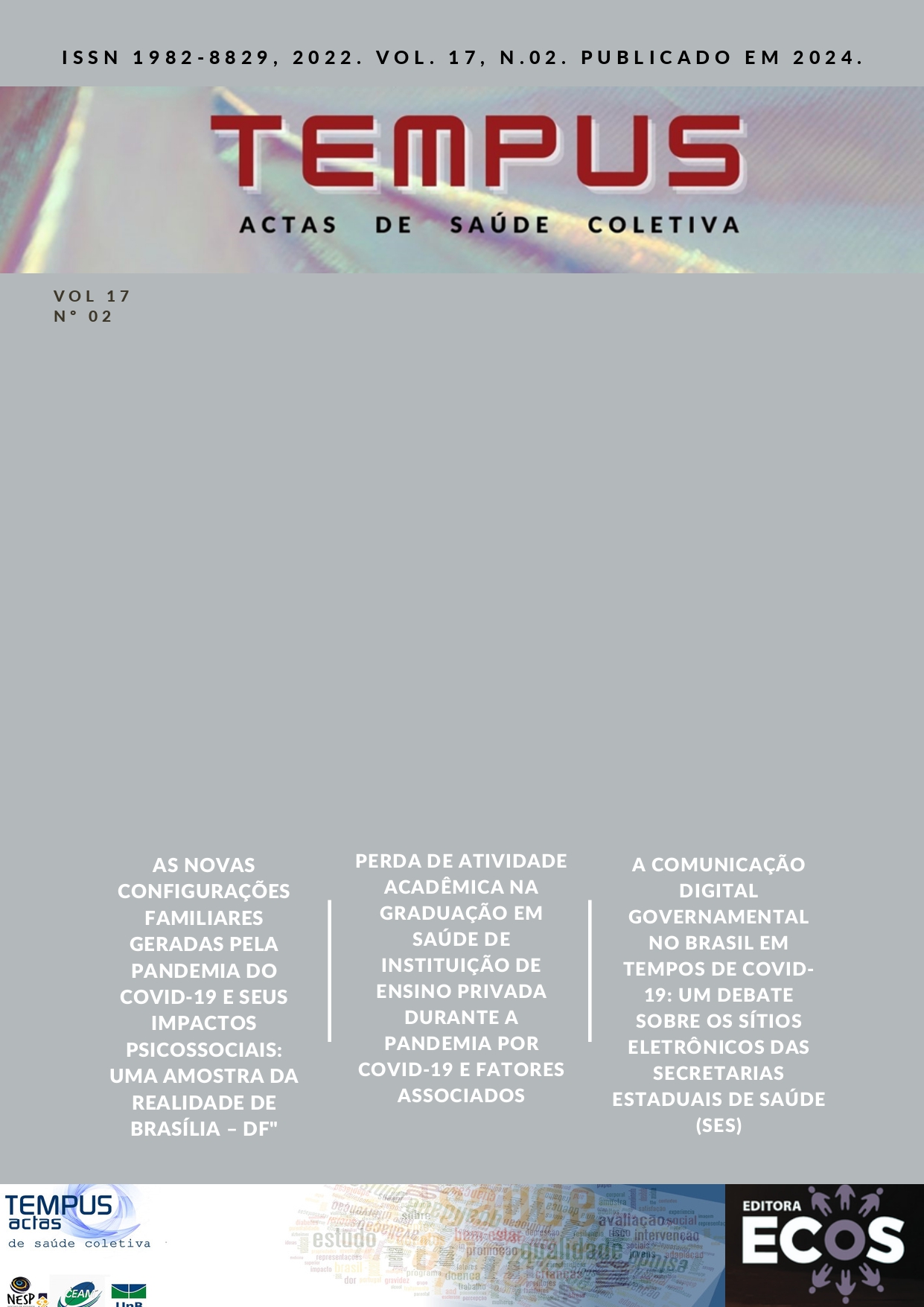Abstract
Neisseria meningitidis causes invasive diseases, such as meningitis, and is subdivided into six pathogenic serogroups. Control of its propagation happens through vaccination, which is in operation since 2010, in the universal health system of Brazil (SUS), for children under one year old and since 2017 for teenagers. The objective of this study is to compare the vaccine effectiveness among the most prevalent serogroups and serotypes of N. meningitidis in the state of Rio Grande do Sul (RS). Methods: Data were collected from a database containing serogroups and serotypes of all collected samples between 2009 and 2021. Data were analyzed through simple descriptive analysis. Results: Observing the results until 2012, the most frequent serogroup was serogroup B, and from 2014 onwards, serogroup C, followed by serogroup W. From the 20 different known serotypes, serotype 23 was the most frequent. In 2009 and 2010, the frequency of cases in <1 year-old children was 40% and 28.6%, respectively. Since 2010, the frequency of serogroup B is the highest in <1 year-old children. From 2017, there was a reduction in serogroup C among <15 year-old people. Conclusions: Data demonstrate that vaccination has been effective, so that serogroup B is now responsible for the majority of cases in <1 year-old children. Regarding this disease, herd immunity is not observed. In order to vaccines get even more efficient, an overview of the most frequent serogroup and serotype in RS was necessary, so that they can reach the correct population.

This work is licensed under a Creative Commons Attribution 4.0 International License.
Copyright (c) 2024 Tempus – Actas de Saúde Coletiva
